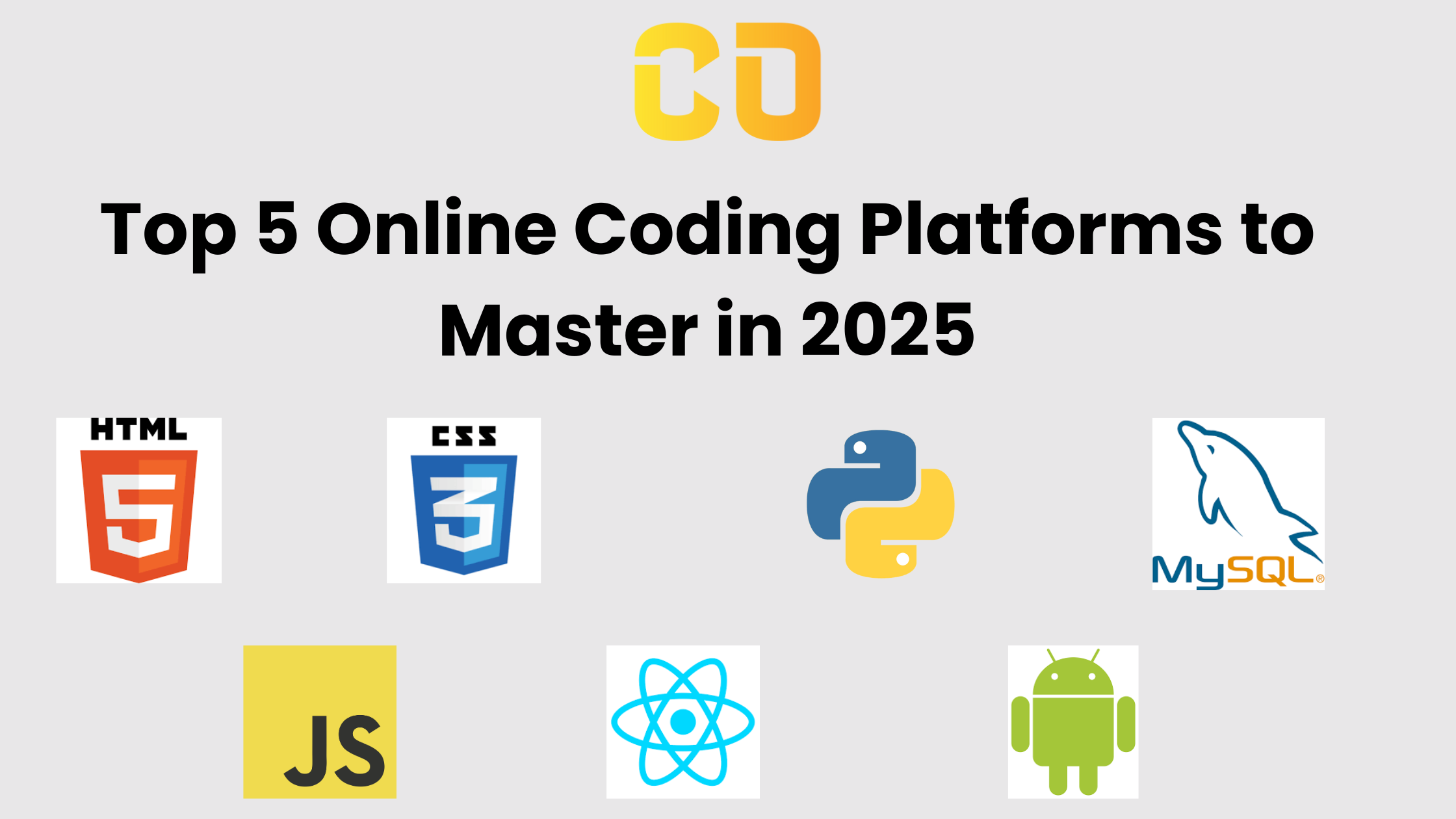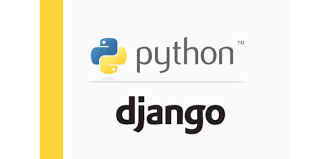Python has become one of the most popular programming languages due to its simplicity and versatility. As a leading technology services provider, Wipro frequently hires Python Developers to work on various projects. This blog presents the top 20 Python interview questions along with detailed answers to help you prepare for your interview.
1. What is Python?
Python is a high-level, interpreted programming language known for its readability and simplicity. It supports multiple programming paradigms, including procedural, object-oriented, and functional programming.
2. What are the key features of Python?
Some key features of Python include:
- Easy to Read and Write: Python has a simple syntax, making it easy for beginners.
- Interpreted Language: Python code is executed line by line, which facilitates debugging.
- Dynamically Typed: Variable types are determined at runtime, allowing for flexibility.
- Extensive Libraries: Python has a rich set of libraries and frameworks for various applications.
3. Explain the difference between lists and tuples in Python.
- Lists: Mutable sequences that can be modified after creation. They are defined using square brackets (e.g.,
[1, 2, 3]). - Tuples: Immutable sequences that cannot be changed after creation. They are defined using parentheses (e.g.,
(1, 2, 3)).
4. What are Python decorators?
Decorators are a design pattern in Python that allows you to modify the behavior of a function or class method. They are defined using the @decorator_name syntax and can be used to add functionality, such as logging or authentication, to existing functions without modifying their code.
5. Explain the concept of list comprehensions.
List comprehensions provide a concise way to create lists in Python. They consist of brackets containing an expression followed by a for clause, and can include optional if conditions. For example:
squares = [x**2 for x in range(10)]
6. What is the purpose of the self keyword in Python?
The self keyword refers to the instance of the class in object-oriented programming. It is used to access variables and methods associated with the current object and must be the first parameter of instance methods.
7. What are Python generators?
Generators are a special type of iterable that allow you to create an iterator in a more memory-efficient way. They use the yield statement to return values one at a time, maintaining their state between calls. Generators are useful for handling large datasets.
8. What is the difference between == and is operators?
==: Compares the values of two objects to check for equality.is: Compares the identities of two objects to check if they reference the same object in memory.
9. Explain exception handling in Python.
Python uses the try, except, finally, and else blocks for exception handling. The try block contains code that may raise an exception, the except block handles the exception, and the finally block contains code that will execute regardless of whether an exception occurred.
10. What is the purpose of the with statement?
The with statement simplifies exception handling by encapsulating common preparation and cleanup tasks. It is commonly used with file operations to ensure proper resource management. For example:
with open('file.txt') as f:
content = f.read()
11. What are Python modules and packages?
- Module: A file containing Python code that can define functions, classes, and variables. Modules allow you to organize your code into separate files for better maintainability.
- Package: A collection of modules organized in a directory hierarchy. Packages allow you to create namespaces to avoid naming conflicts.
12. What is the purpose of the pass statement?
The pass statement is a null operation in Python. It is used as a placeholder when a statement is syntactically required but you do not want to execute any code. For example, it can be used in function or class definitions that are yet to be implemented.
13. How do you handle multiple exceptions in Python?
You can handle multiple exceptions using a tuple in a single except block. For example:
try:
# code that may raise exceptions
except (TypeError, ValueError):
# handle both TypeError and ValueError
14. What is the difference between shallow copy and deep copy?
- Shallow Copy: Creates a new object but inserts references into it to the objects found in the original. Changes to mutable objects in the copied object will reflect in the original.
- Deep Copy: Creates a new object and recursively adds copies of nested objects found in the original, ensuring that changes do not affect the original object.
15. What are Python's built-in data types?
Python has several built-in data types, including:
- Numeric Types:
int,float,complex - Sequence Types:
list,tuple,range - Text Type:
str - Mapping Type:
dict - Set Types:
set,frozenset - Boolean Type:
bool
16. Explain the concept of a lambda function.
A lambda function is an anonymous function defined using the lambda keyword. It can take any number of arguments but can only have a single expression. Lambda functions are often used for short, throwaway functions:
add = lambda x, y: x + y
17. What is the purpose of the __init__ method in Python classes?
The __init__ method is a special method called when an object is created. It initializes the object's attributes and allows you to set up any necessary state. It is commonly referred to as the constructor.
18. How do you convert a list into a dictionary in Python?
You can use the dict() constructor or a dictionary comprehension to convert a list into a dictionary. For example, if you have a list of tuples:
pairs = [('a', 1), ('b', 2)]
dictionary = dict(pairs)
19. Explain the difference between iter() and next() functions.
iter(): Returns an iterator object from an iterable. It prepares the object for iteration.next(): Retrieves the next item from the iterator. If there are no more items, it raises aStopIterationexception.
20. Why do you want to work for Wipro?
In this question, express your admiration for Wipro’s innovative projects, commitment to technology, and strong work culture. Highlight how the company's values align with your career goals and your eagerness to contribute to its success.
Conclusion
Preparing for a Python Developer interview requires a solid understanding of both fundamental and advanced concepts of Python. Familiarizing yourself with these questions and answers will equip you to face your interview at Wipro with confidence.
Good luck!








Add a comment: